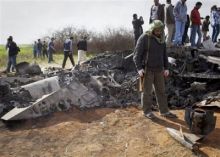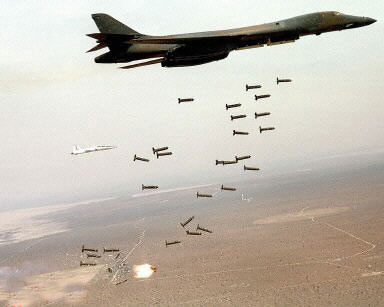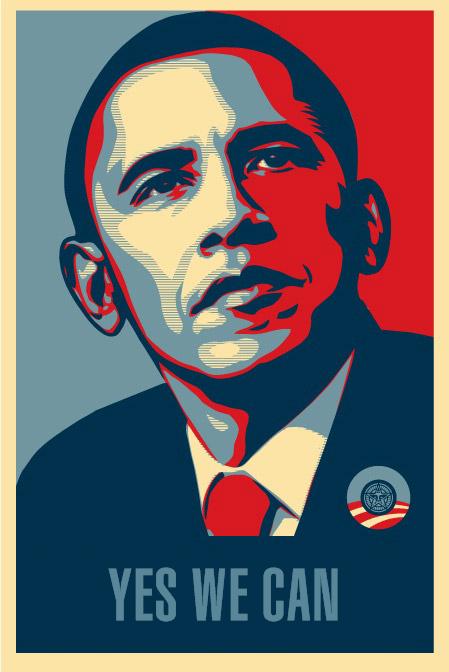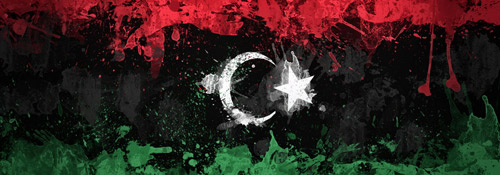Rebel forces claimed to control a strategically located city in eastern Libya on Saturday, a week after coalition troops began airstrikes aimed at protecting civilians.
 Rebel forces claimed to control a strategically located city in eastern Libya on Saturday, a week after coalition troops began airstrikes aimed at protecting civilians.
Rebel forces claimed to control a strategically located city in eastern Libya on Saturday, a week after coalition troops began airstrikes aimed at protecting civilians.
Opposition fighters took control of Ajdabiya overnight after allied fighter jets bombed Libyan leader Moammar Gaddafi's tanks that were entrenched at the city's gates, opposition spokesman Jalal al-Gallal said.
Rebel troops were combing the city's streets Saturday, looking to see if any of Gaddafi's forces remained, he said.
WESTERN INTERVENTION
On Friday, government officials said coalition airstrikes were providing cover for rebels to advance toward Ajdabiya. The city is a gateway to oil-rich eastern Libya and a key stopping point on the way to the rebel stronghold of Benghazi.
Coalition leaders maintained that their mission was enforcing a no-fly zone and protecting civilians.
"When we see regime forces attacking civilians, we will do everything we can to stop those attacks," said Gen. Carter Ham, commander of the U.S. Africa Command.
Coalition fighter planes in a 24-hour period took out seven Libyan tanks threatening civilian populations, including in Ajdabiya, authorities said Friday.
Opposition and pro-government forces have been locked in a fierce battle over the city.
Libyan state television reported March 15 that "Ajdabiya has been cleansed from mercenaries and terrorists connected to al Qaeda," and later said Gadhafi's forces were in control of the city.
Opposition leaders disputed that claim, saying government forces had only taken control of some of the city's entrances. AJDABYA
AJDABYA
Outside the Libyan city of Ajdabiya, tents have sprouted in the rolling desert, where the sands blow and farmers grow figs and grapes.
In the city, a fierce fight rages for control between the Libyan opposition and forces loyal to strongman Moammar Gaddafi, whose tanks lob shells to push their foes back.
At night, coalition planes roar overhead, pounding Gaddafi's positions. Early Friday, British jets pounded Libyan armored vehicles. But they have not been able to stop the battle on the ground, and residents are escaping to safer ground.
"I couldn't even begin to describe to you the horror that I have seen," one man said. "Leaving Ajdabiya, we saw dead bodies in the street. No one would ever dare go to recover them."
The people of Ajdabiya keep hoping that when the next morning comes, they will be able to trek back through the barren land to their homes. But every morning brings more of the same.
Meanwhile, Libyan state television reported Saturday that "airstrikes from the enemy" had hit military positions in Tarhunah, about 40 miles (66 kilometers) from the country's capital.
In suburbs outside Tripoli, officials escorted international reporters Friday to farmlands where Gaddafi's government claims airstrikes killed civilians.
At the farm site, missile fragments lay scattered about a palm orchard and shrapnel had peppered walls of still-standing farm buildings.
Reporters found no evidence of civilian deaths. But along the way, they saw evidence of other damage from coalition strikes, and signs of how Gaddafi's forces are fighting back. Two military bases that had been bombed were still smoldering Friday.
Anti-aircraft guns were buried in bunkers along the roadside. Small missiles were hidden under trees.
Gaddafi has been keen to put out the word on collateral damage from the coalition's airstrikes.
Libyan health ministry official Khaled Omar told reporters Friday that 114 people had been killed during the coalition's campaign, but he did not specify whether they were civilians.
Earlier this week, government officials escorted international reporters to a seaside cemetery in Tripoli where the funerals of 33 people allegedly killed in airstrikes were taking place. The reports of civilian deaths have been given little credence by coalition forces.
"The only civilian casualties we know of for certain are the ones that the Libyan government itself has caused," U.S. Navy Vice Adm. Bill Gortney has said.
NATO NATO this weekend is expected to take over control of the no-fly zone from the United States and finalize procedures on protecting civilians.
NATO this weekend is expected to take over control of the no-fly zone from the United States and finalize procedures on protecting civilians.
Not long after allies unleashed cruise missiles against Gadhafi air defenses last Saturday, U.S. President Barack Obama told Americans he wanted the United States, which has headed the military campaign, to hand over control of the enforcement of a U.N. Security Council resolution.
The resolution called for the protection of Libyan civilians as Gadhafi attacked the opposition, and the enforcement of the no-fly zone.
NATO, which includes the United States, will lead both efforts.
AIDS
As the Libyan war goes on, humanitarian agencies report increasing numbers of Libyans displaced from their homes. The International Medical Corps estimates that 20,000 people have taken refuge in a small town east of Ajdabiya. The Libyan Red Crescent says another 5,000 are displaced in the coastal town of Derna.
The United Nations refugee agency says it has sent two medical convoys to Benghazi and also shipments of blankets, sleeping mats and other basic items. But delivering aid is an issue. The agency does not have access to places other than Benghazi, the nation's second-largest city that is in the hands of the opposition.
OBAMA
US President Barack Obama said Saturday the international mission in Libya was clear, focused and succeeding and had saved countless innocents from a "bloodbath" threatened by Moamer Gaddafi.
Under increasing pressure to explain his strategy to Americans, Obama gave his most detailed review of the conflict so far, and insisted American national interests were behind his decision to order US forces into UN-mandated combat.
"Make no mistake, because we acted quickly, a humanitarian catastrophe has been avoided and the lives of countless civilians-innocent men, women and children-have been saved," Obama said in his weekly radio and online address. "it's in our national interest to act," he added.
"Every American can be proud of the lives we've saved in Libya," he said.
